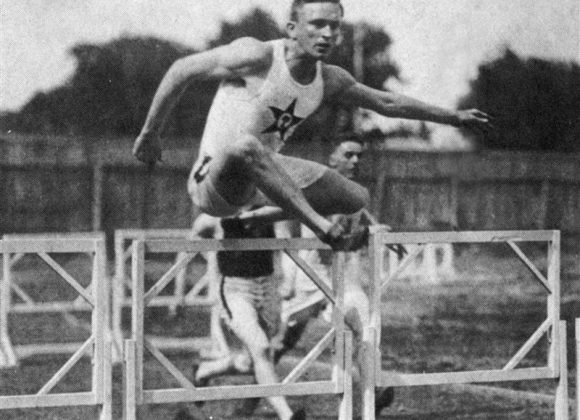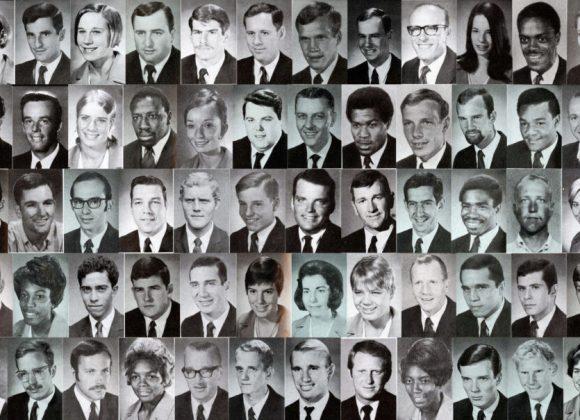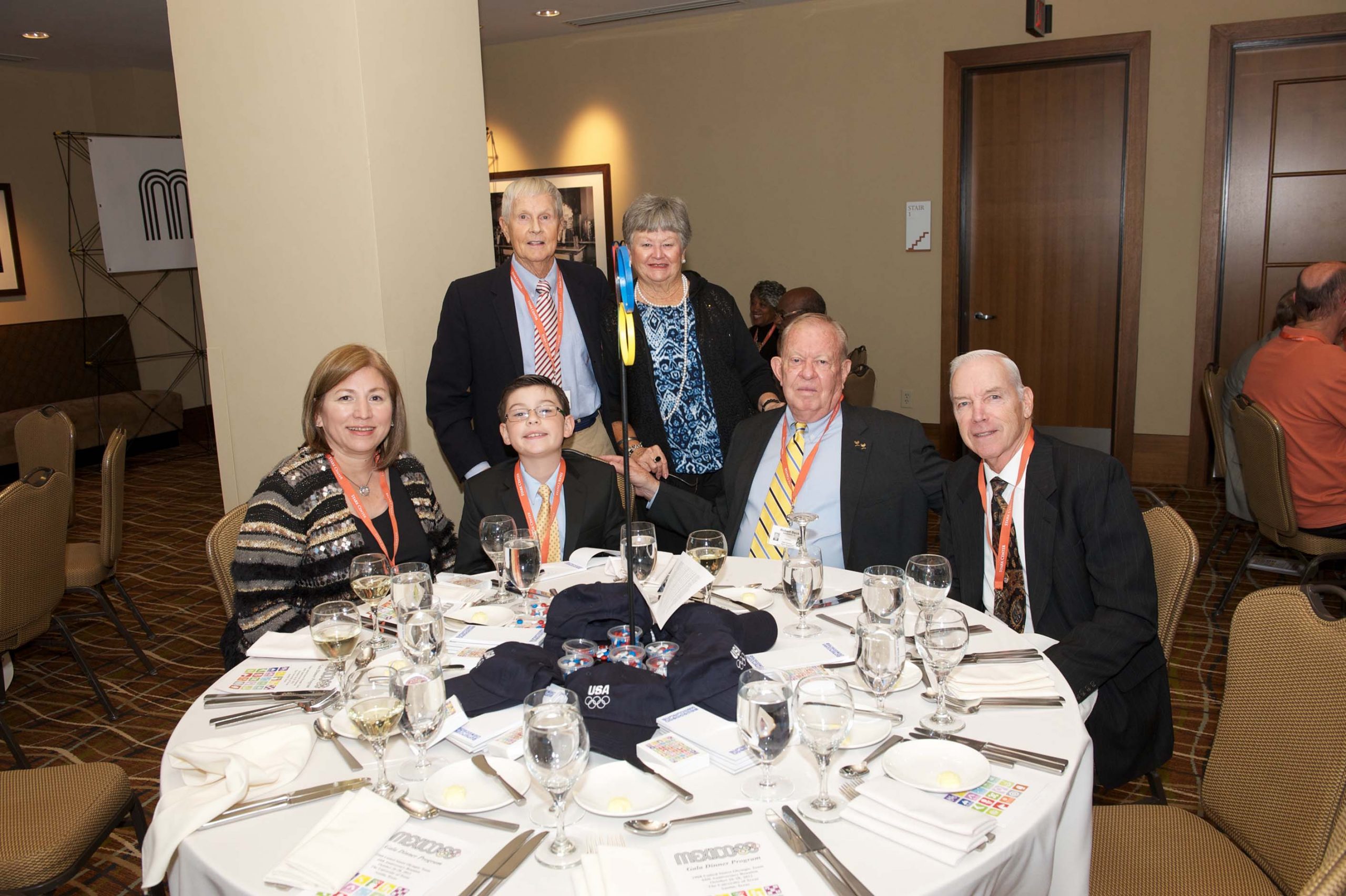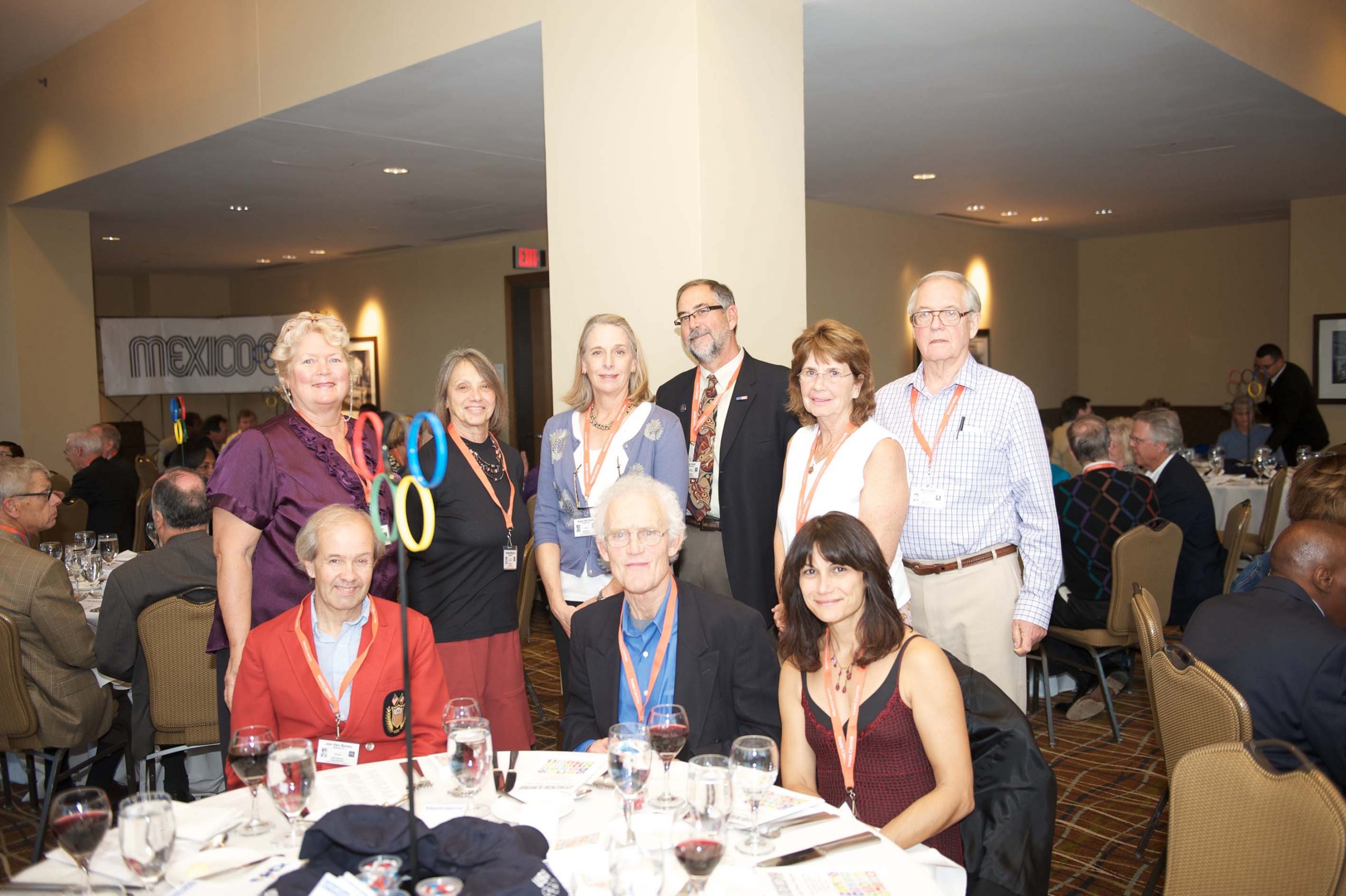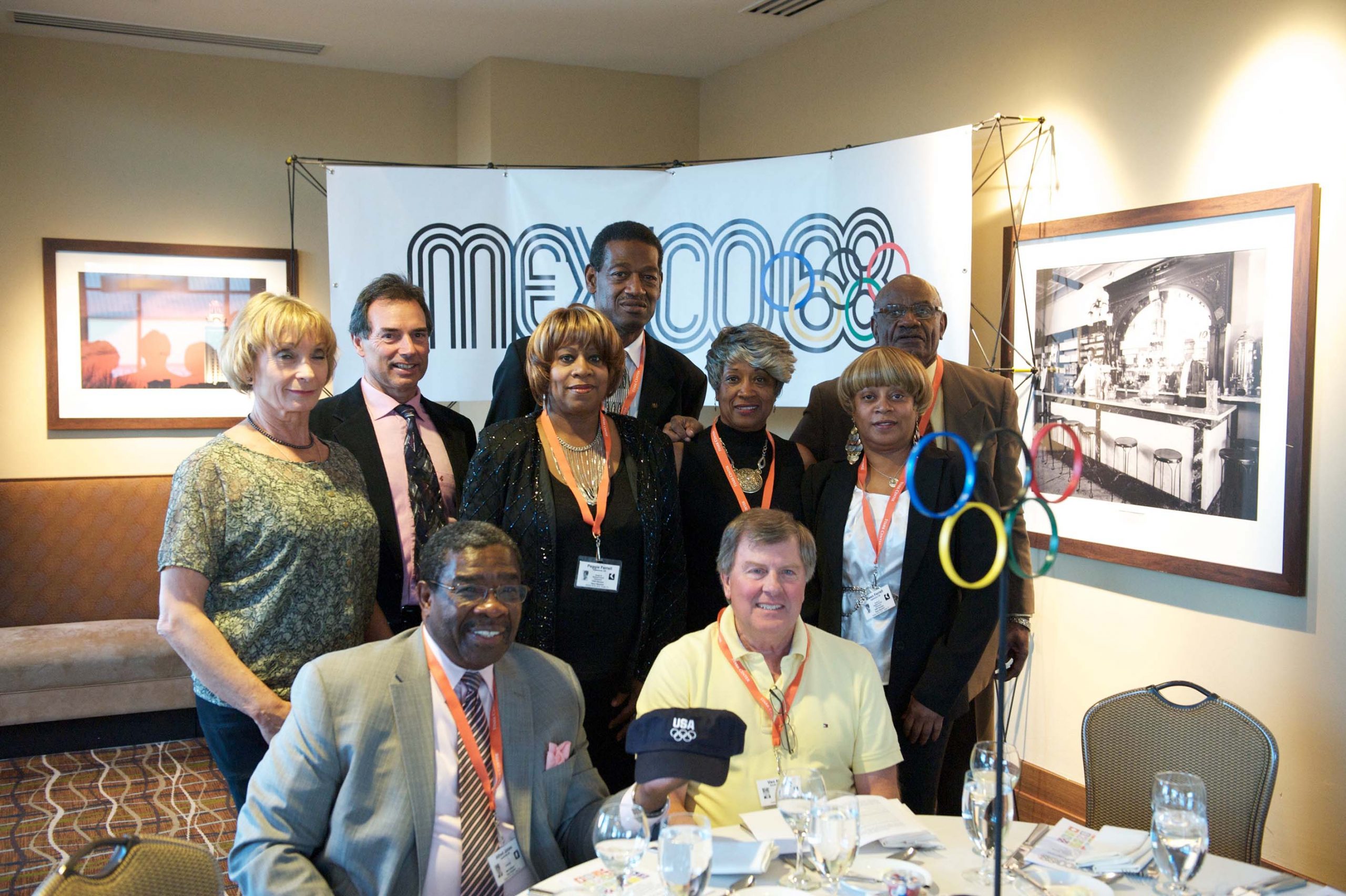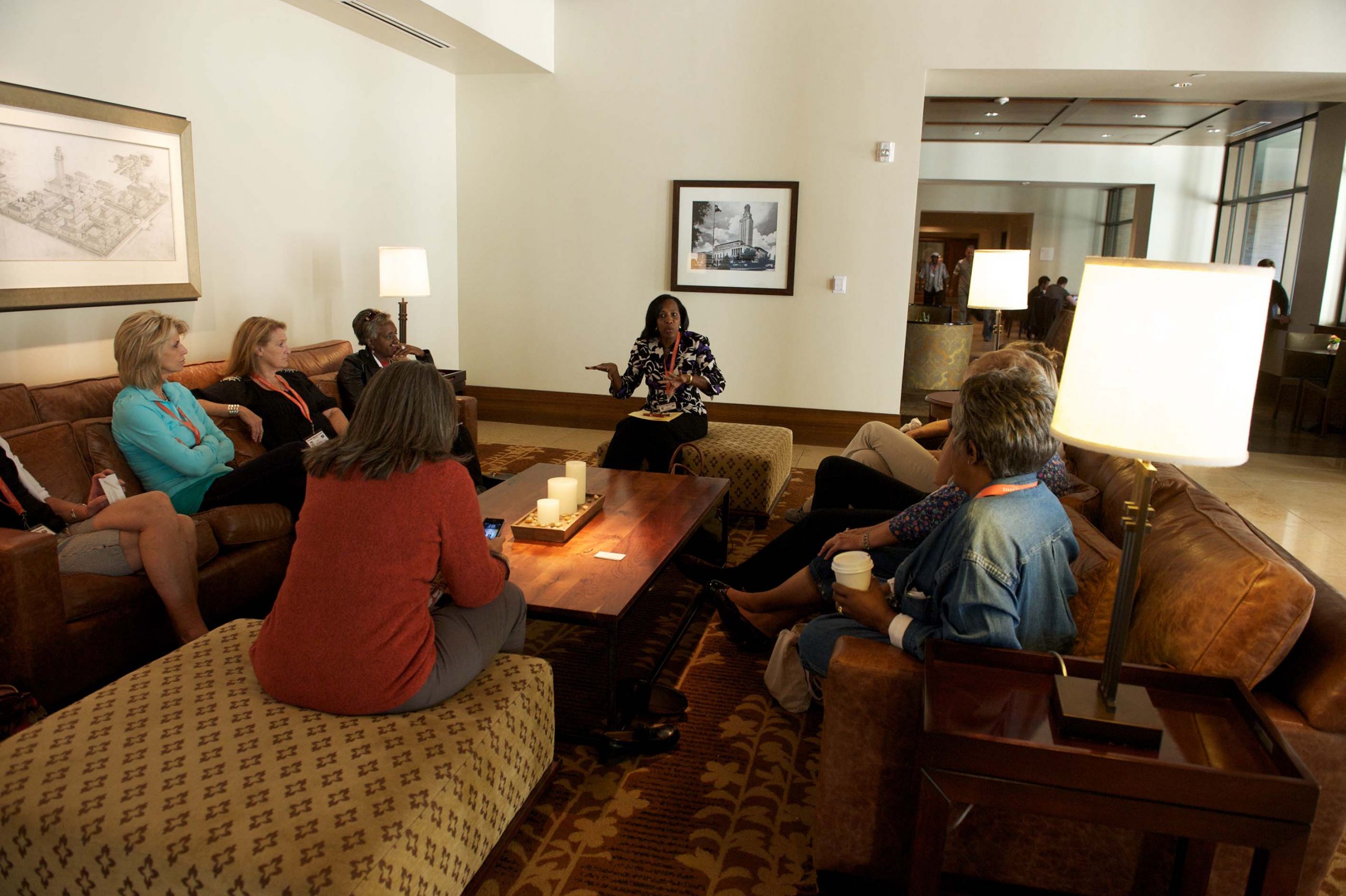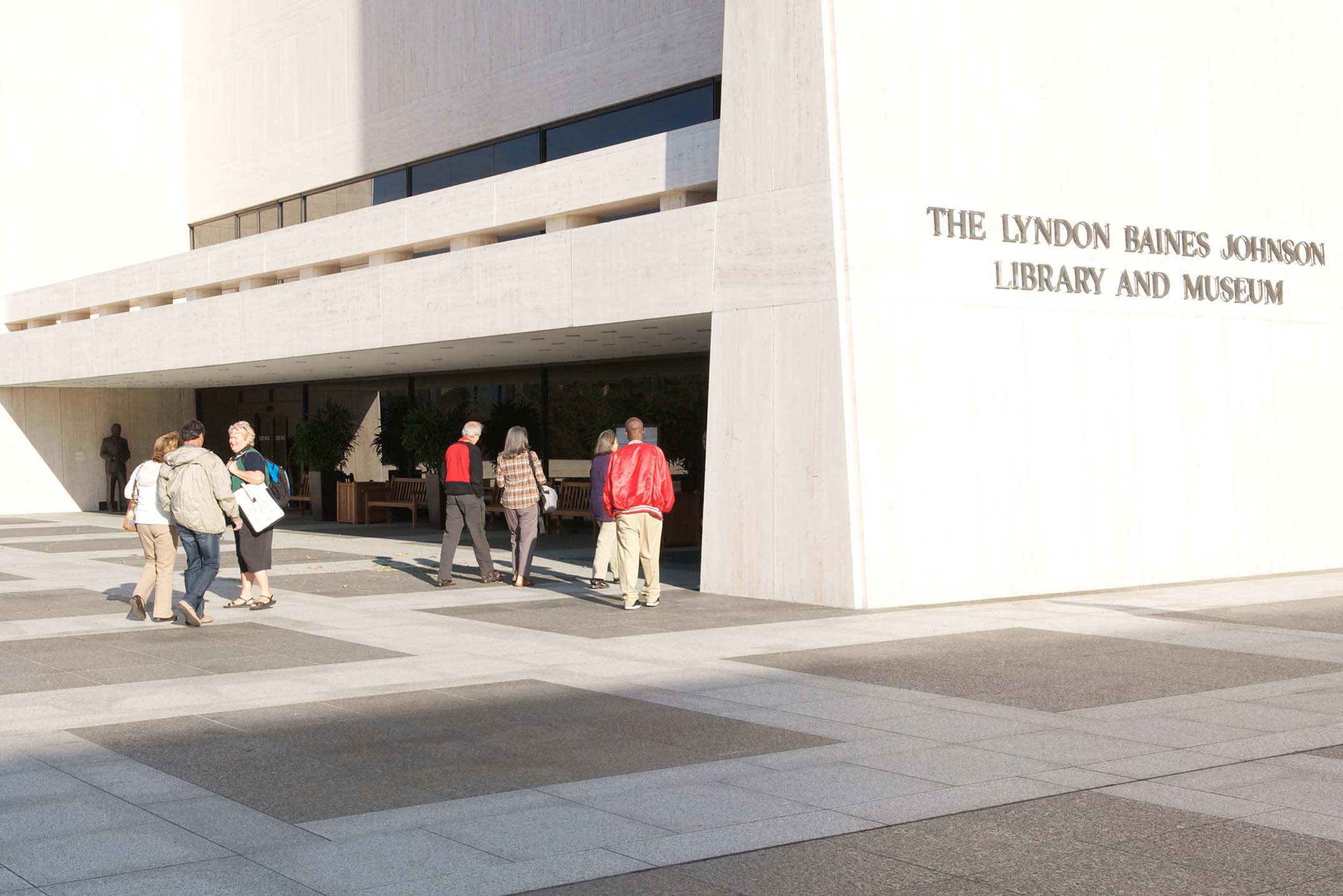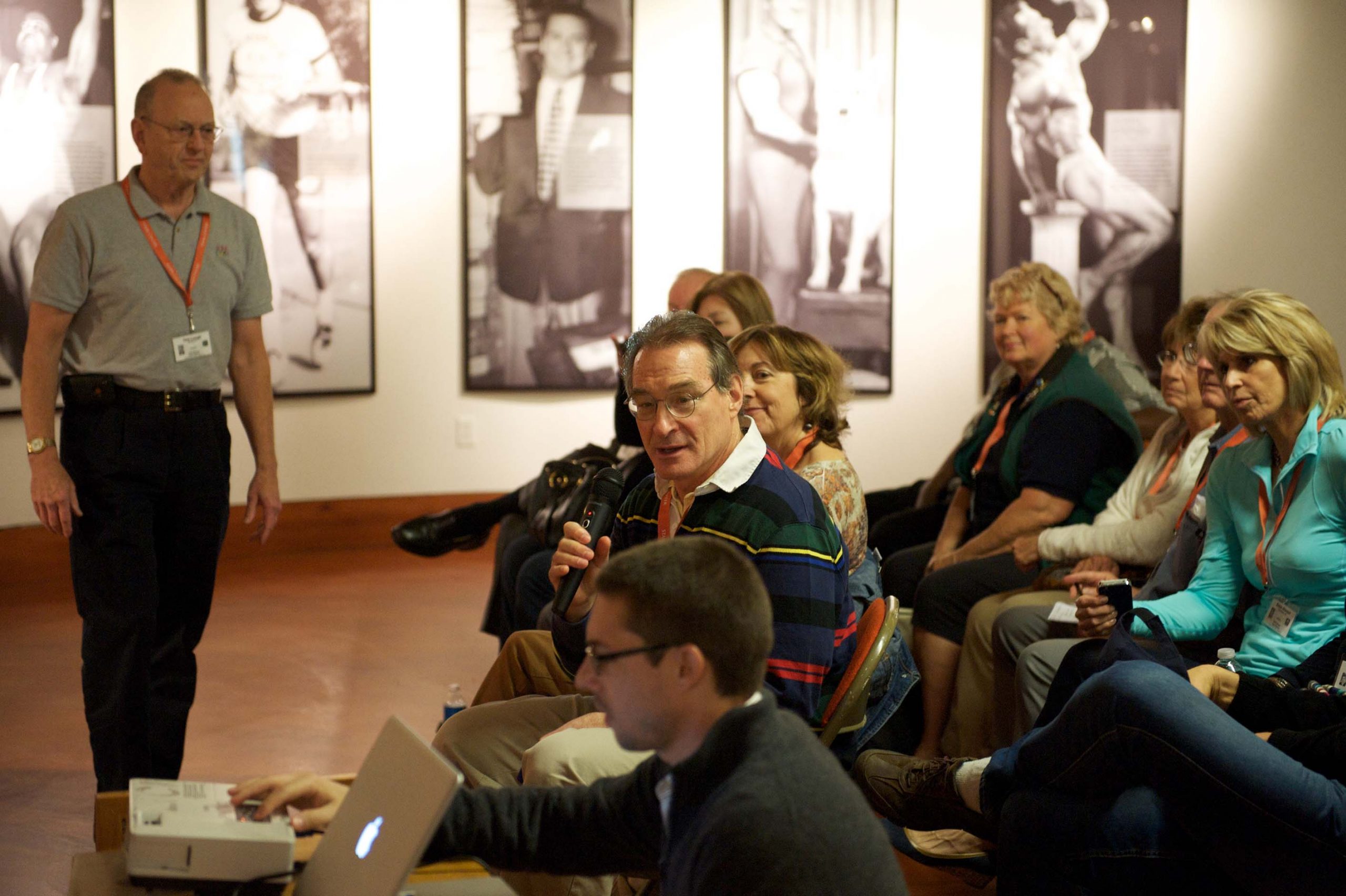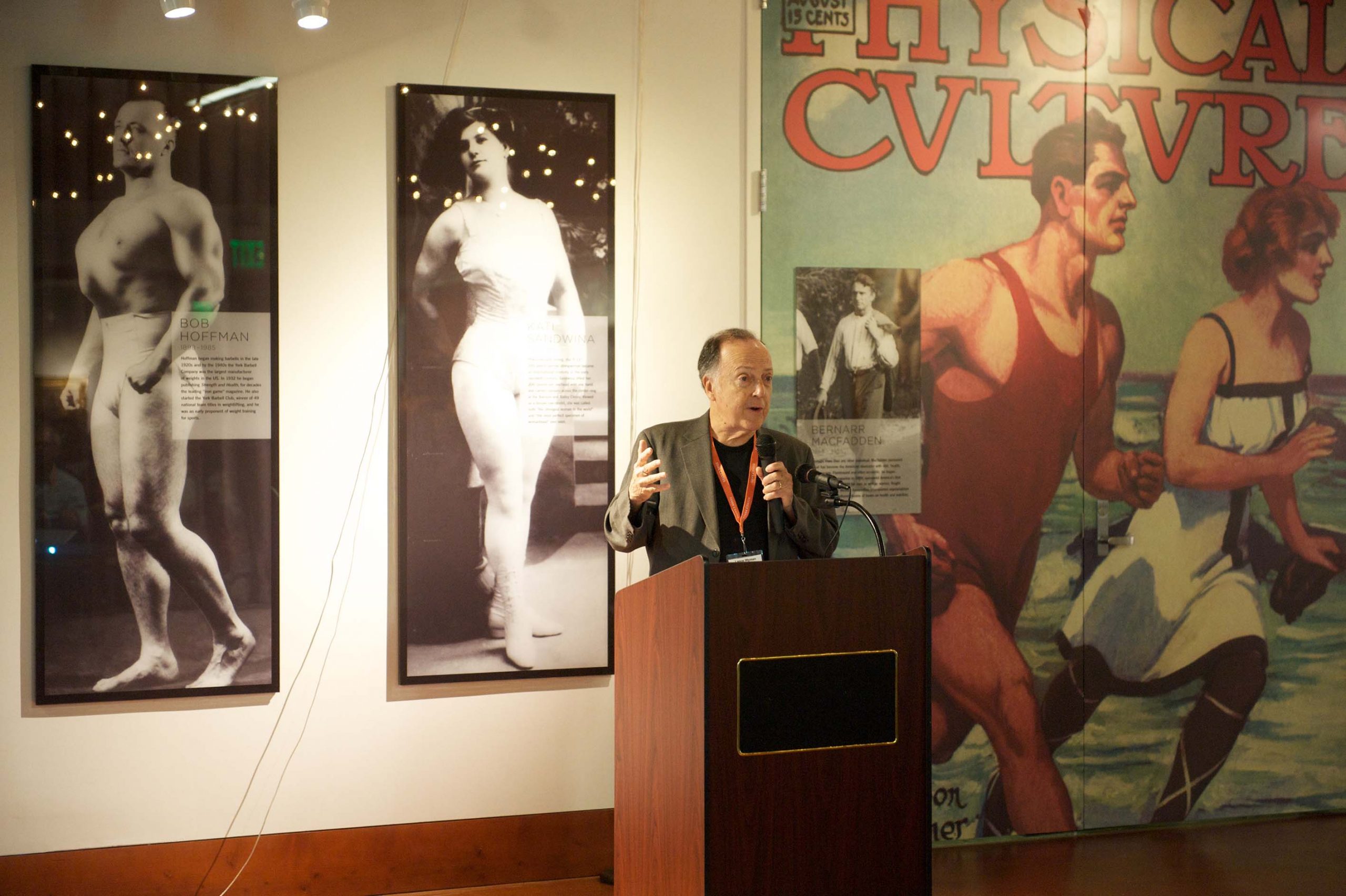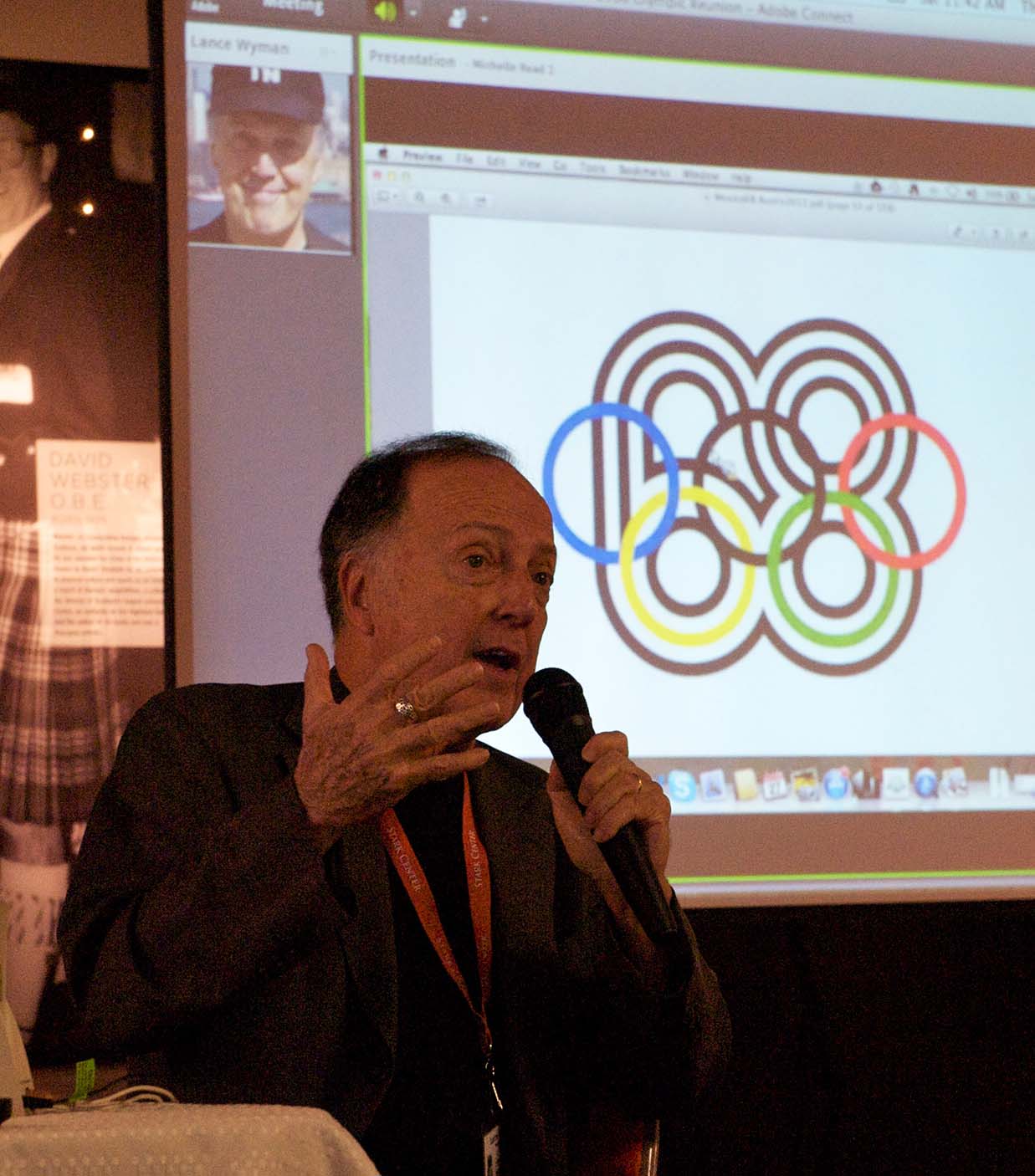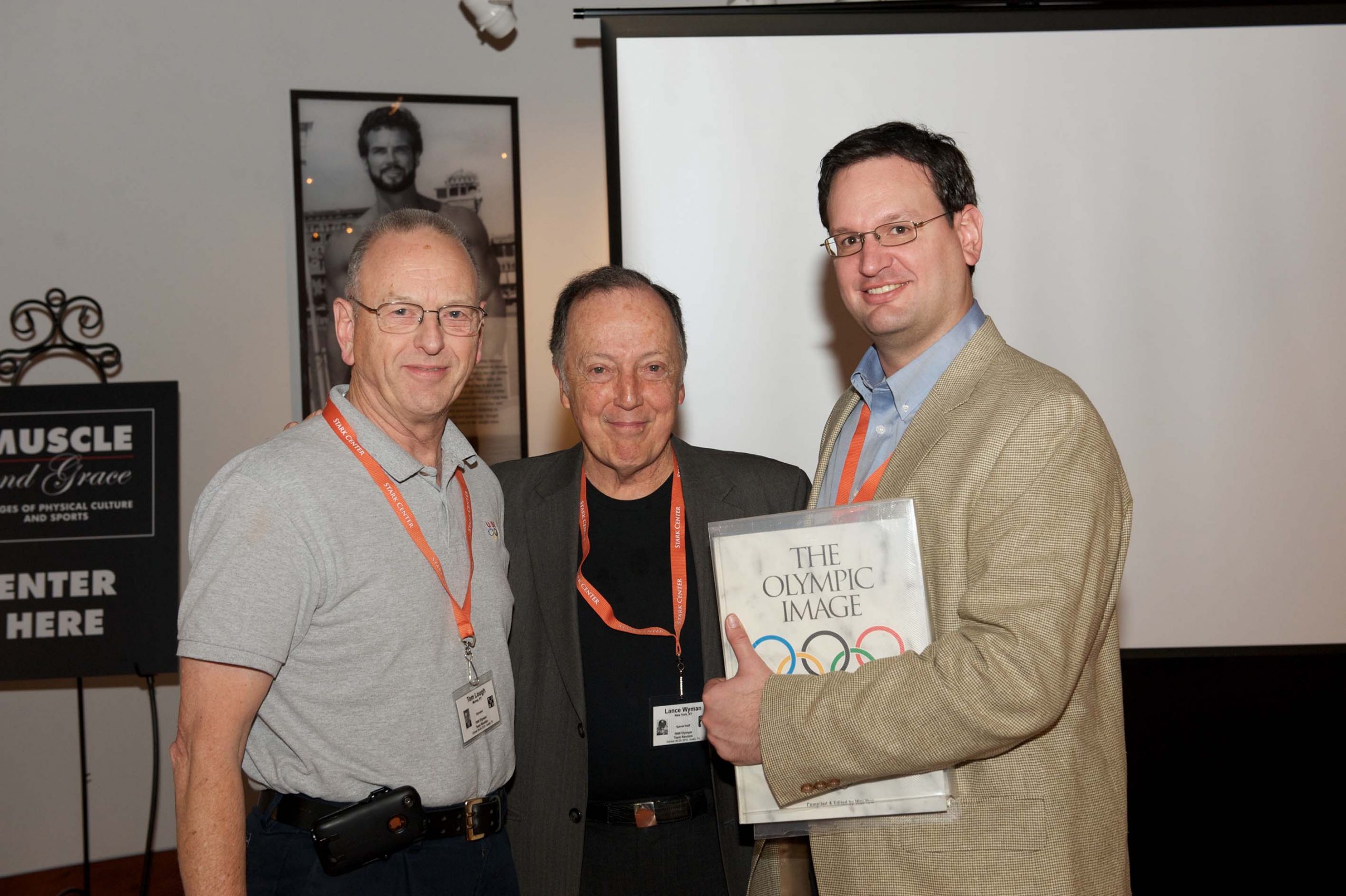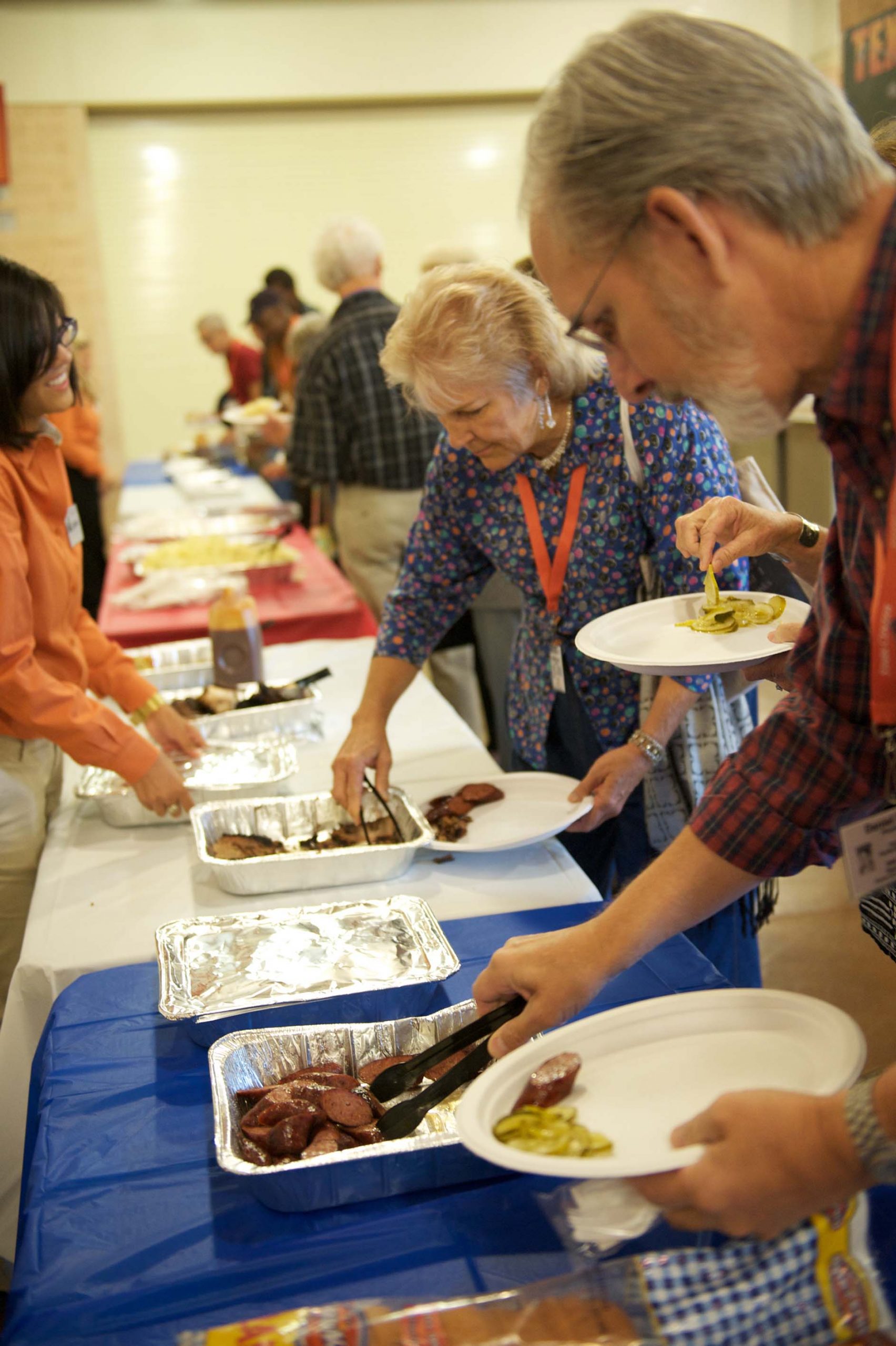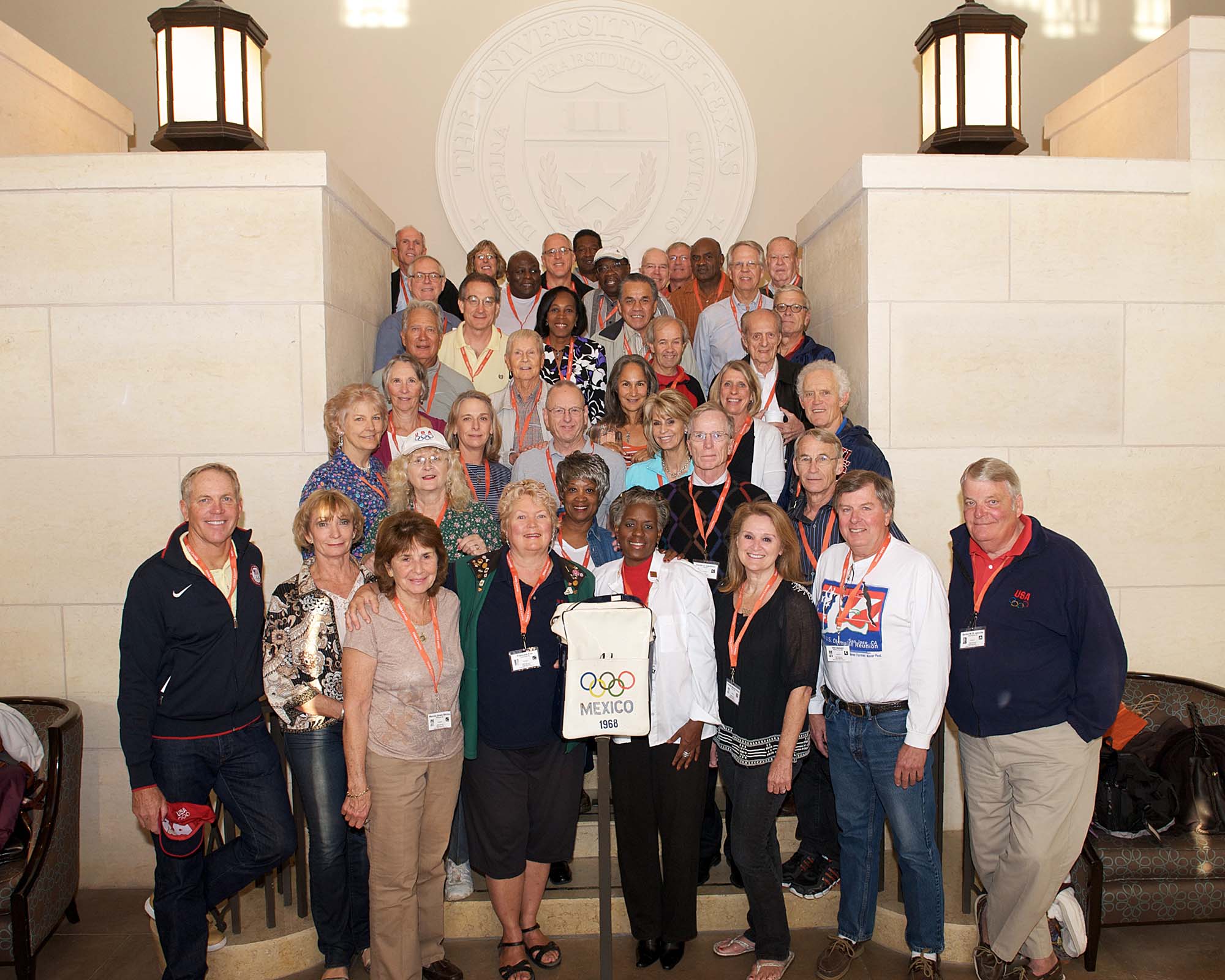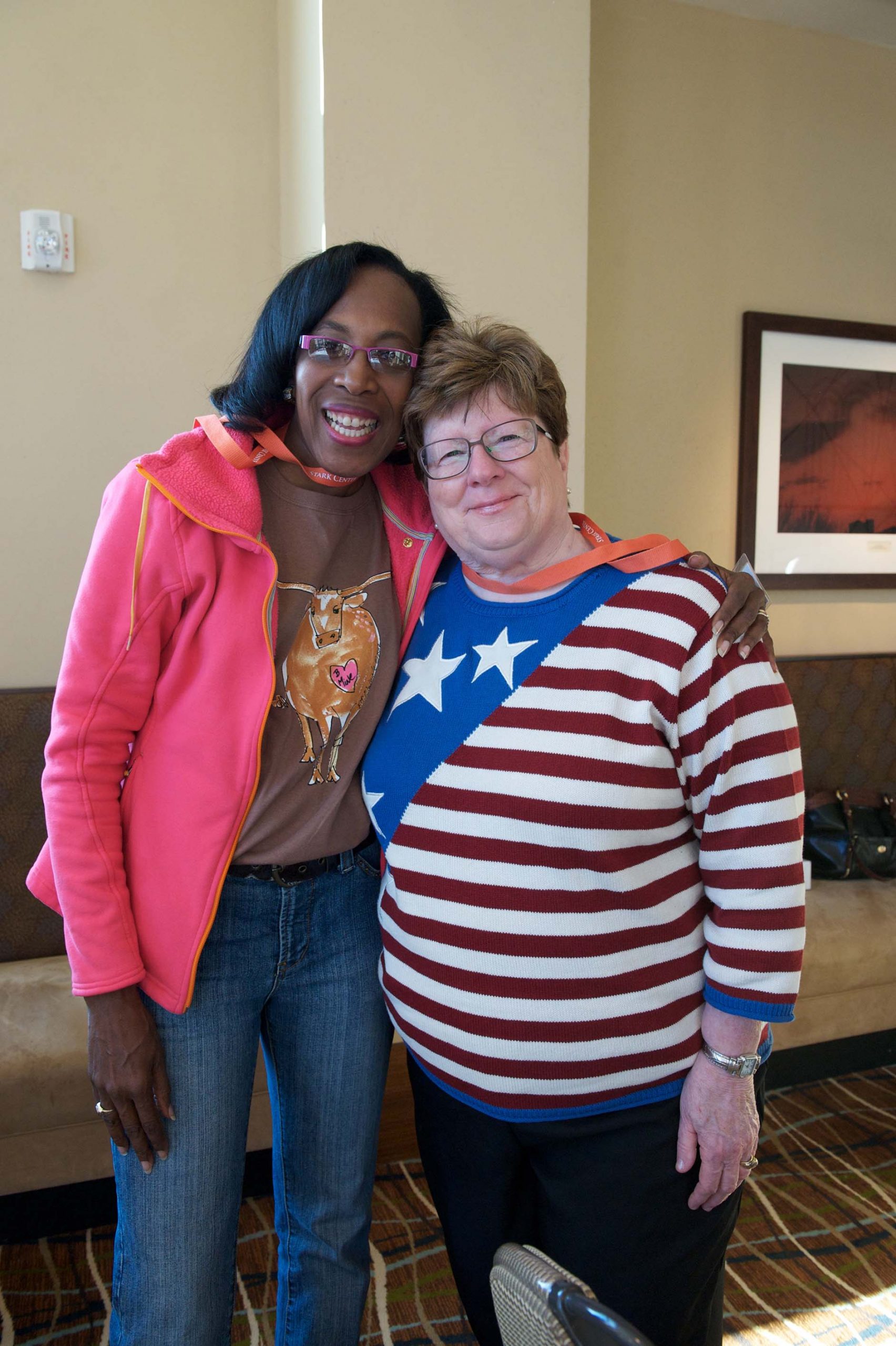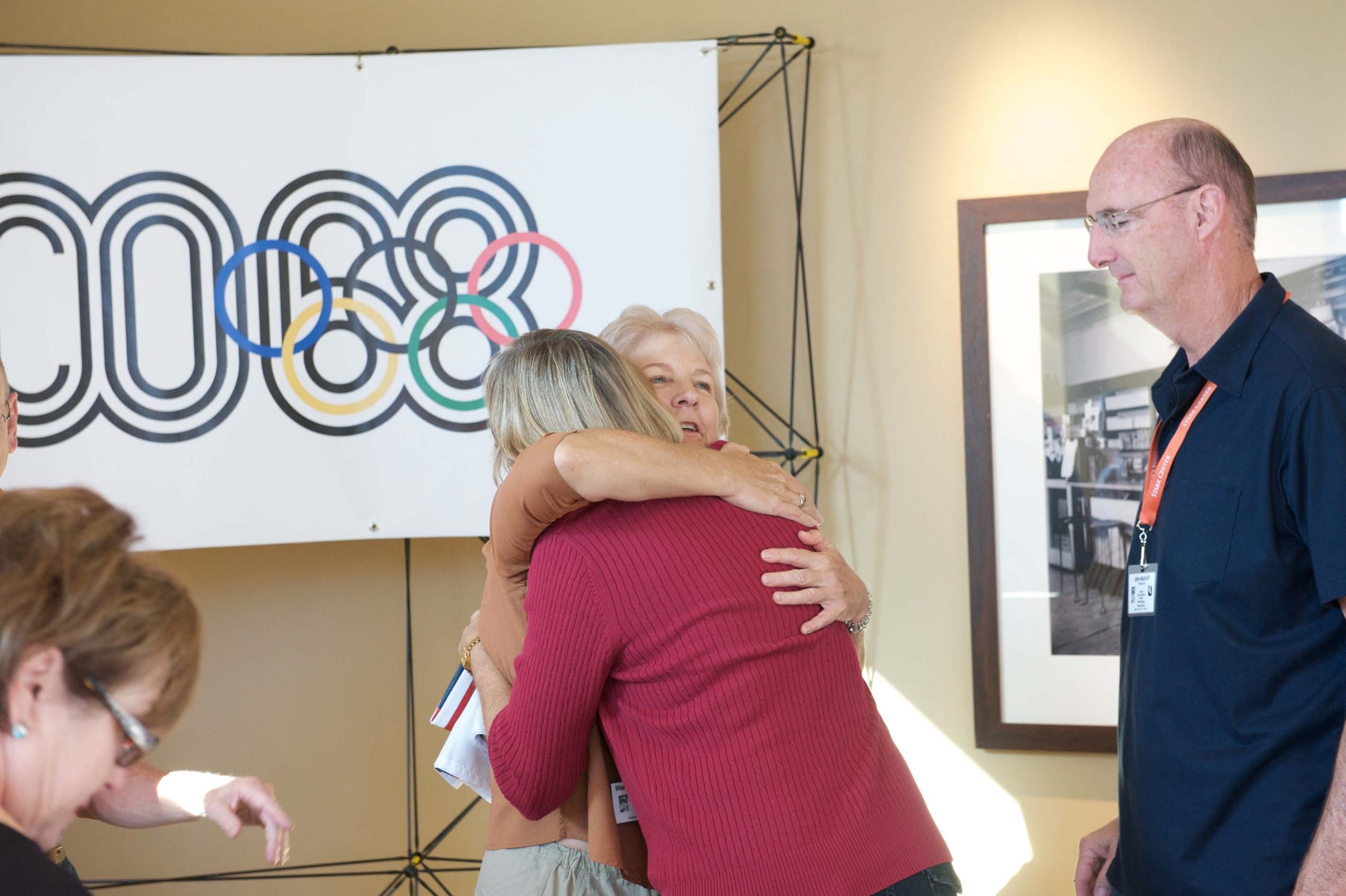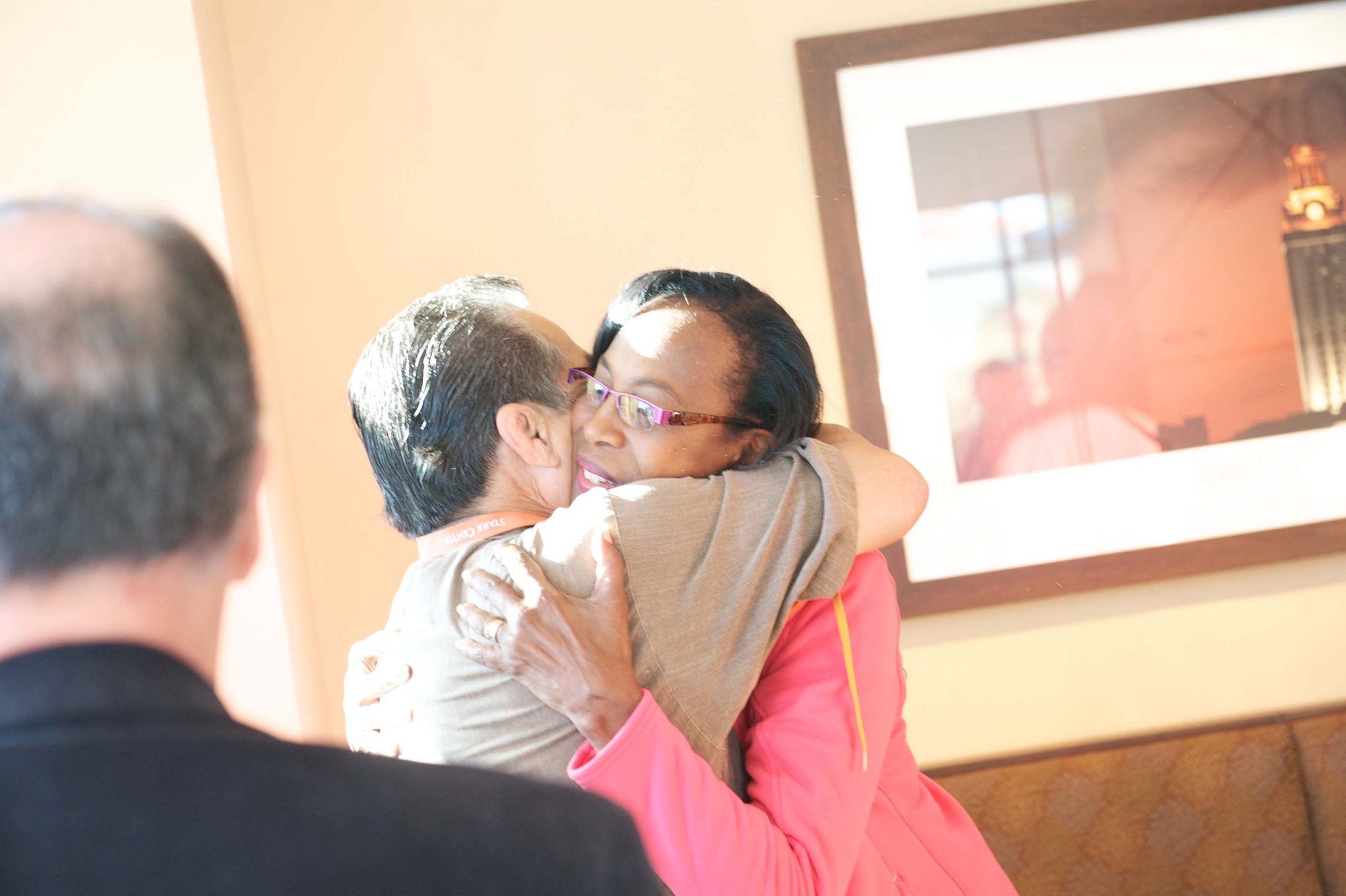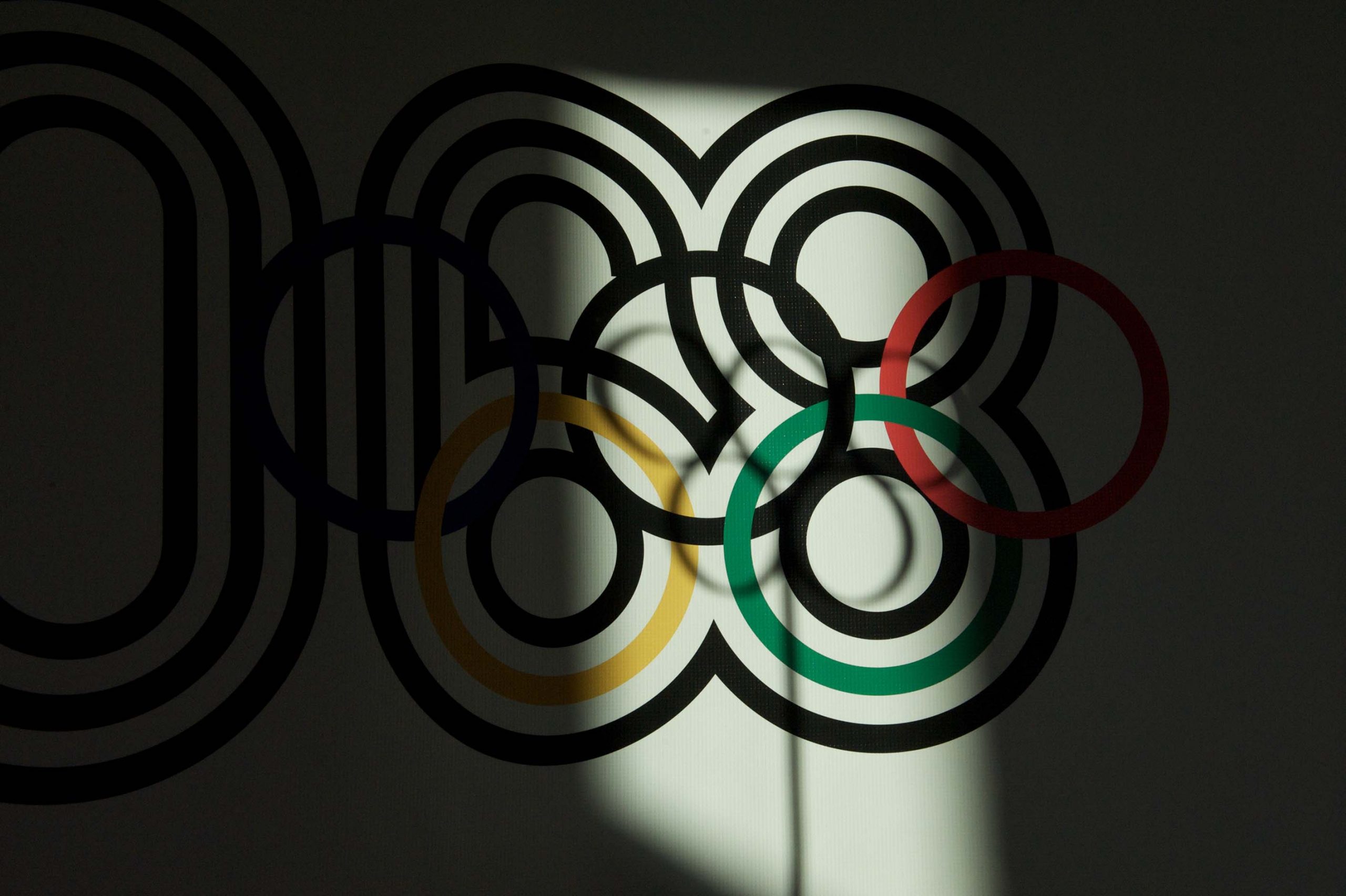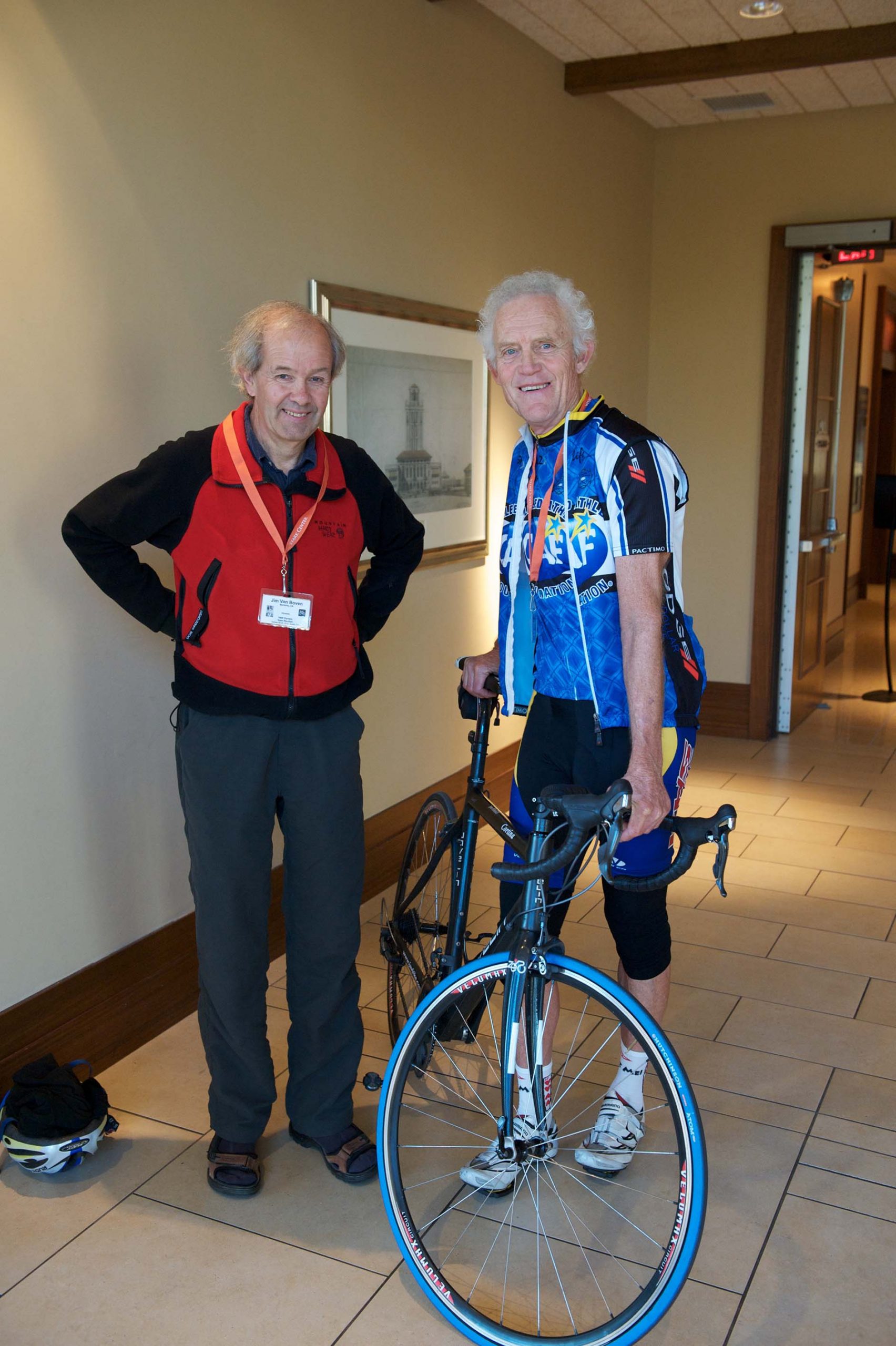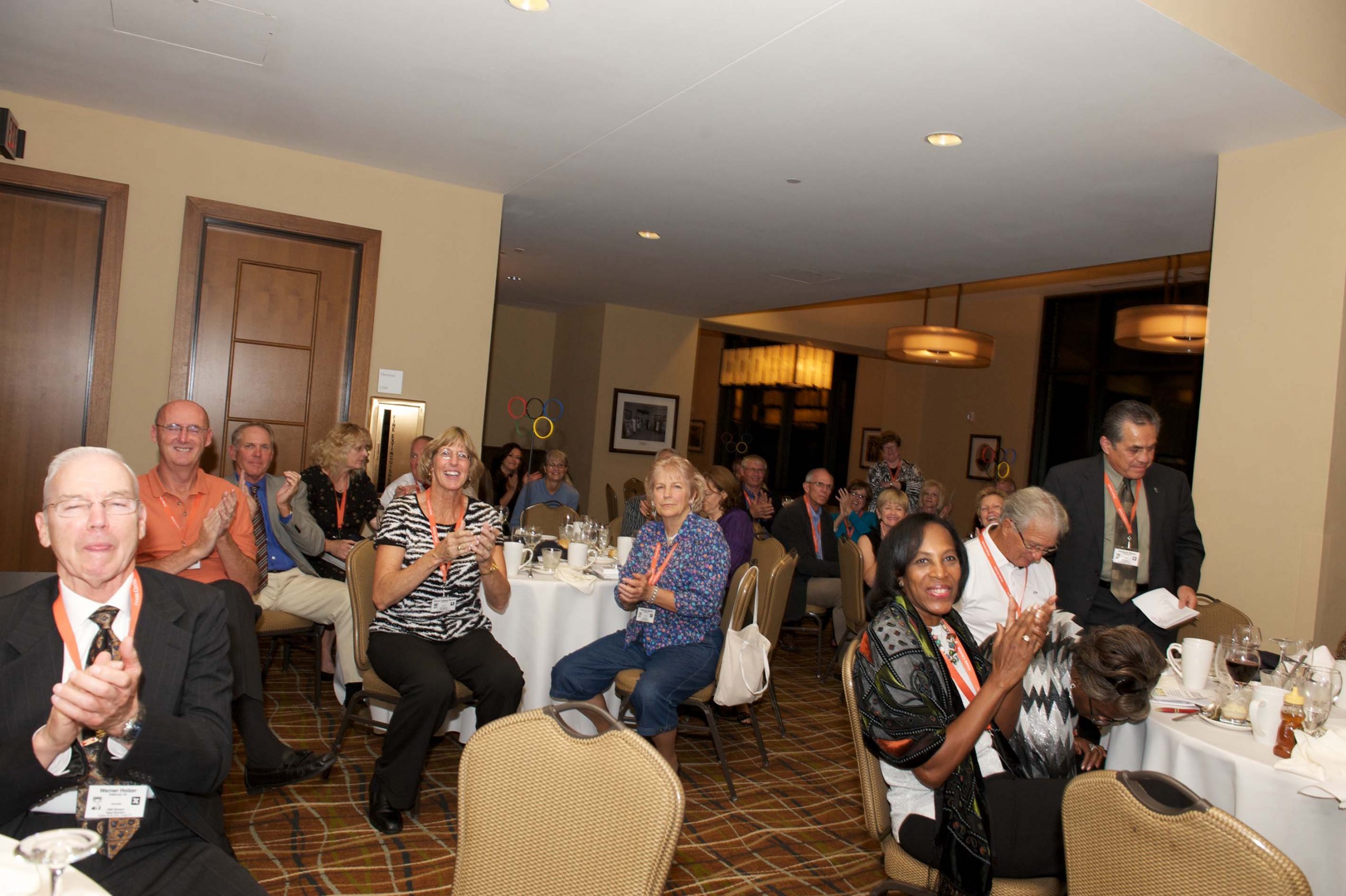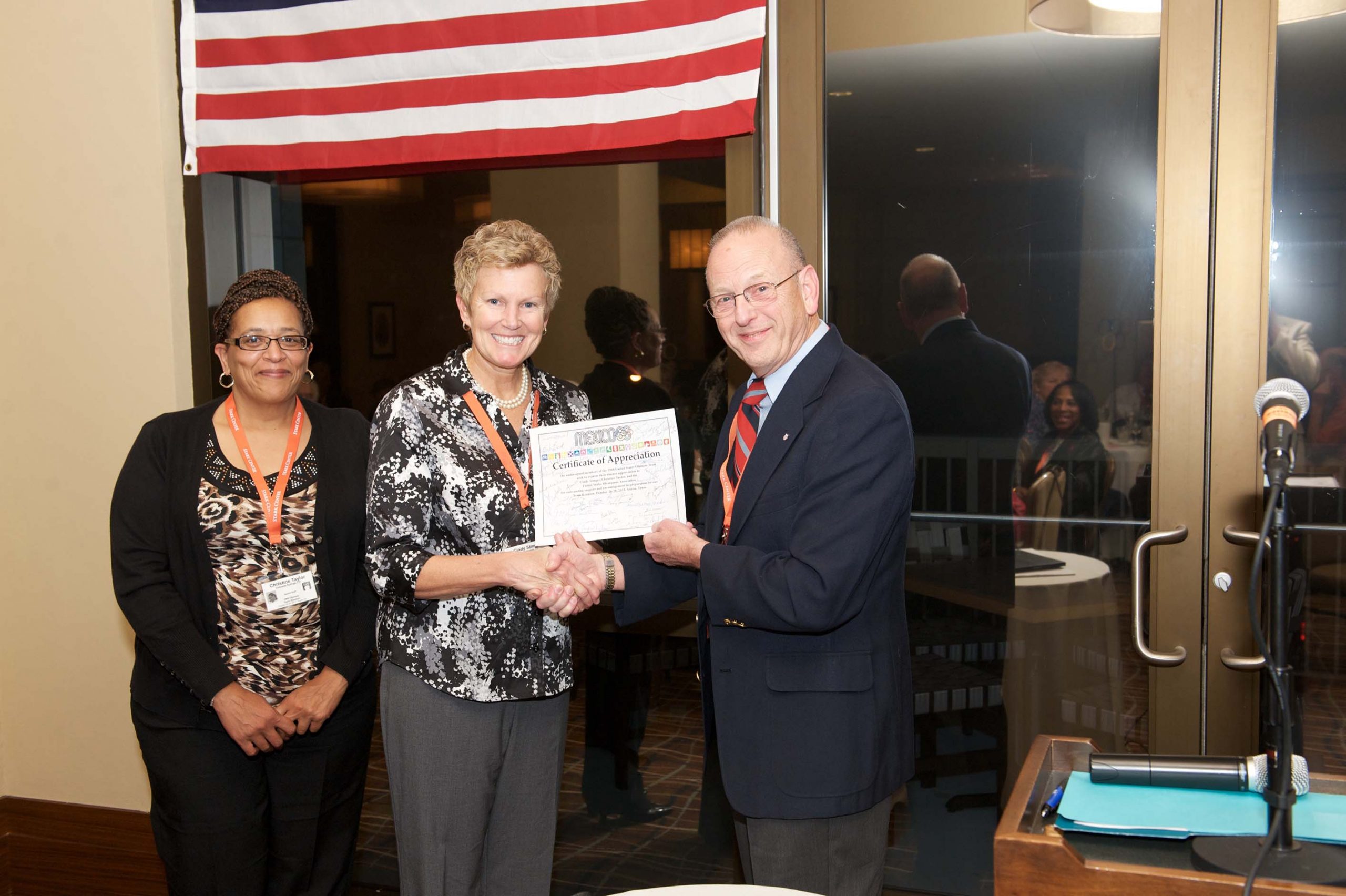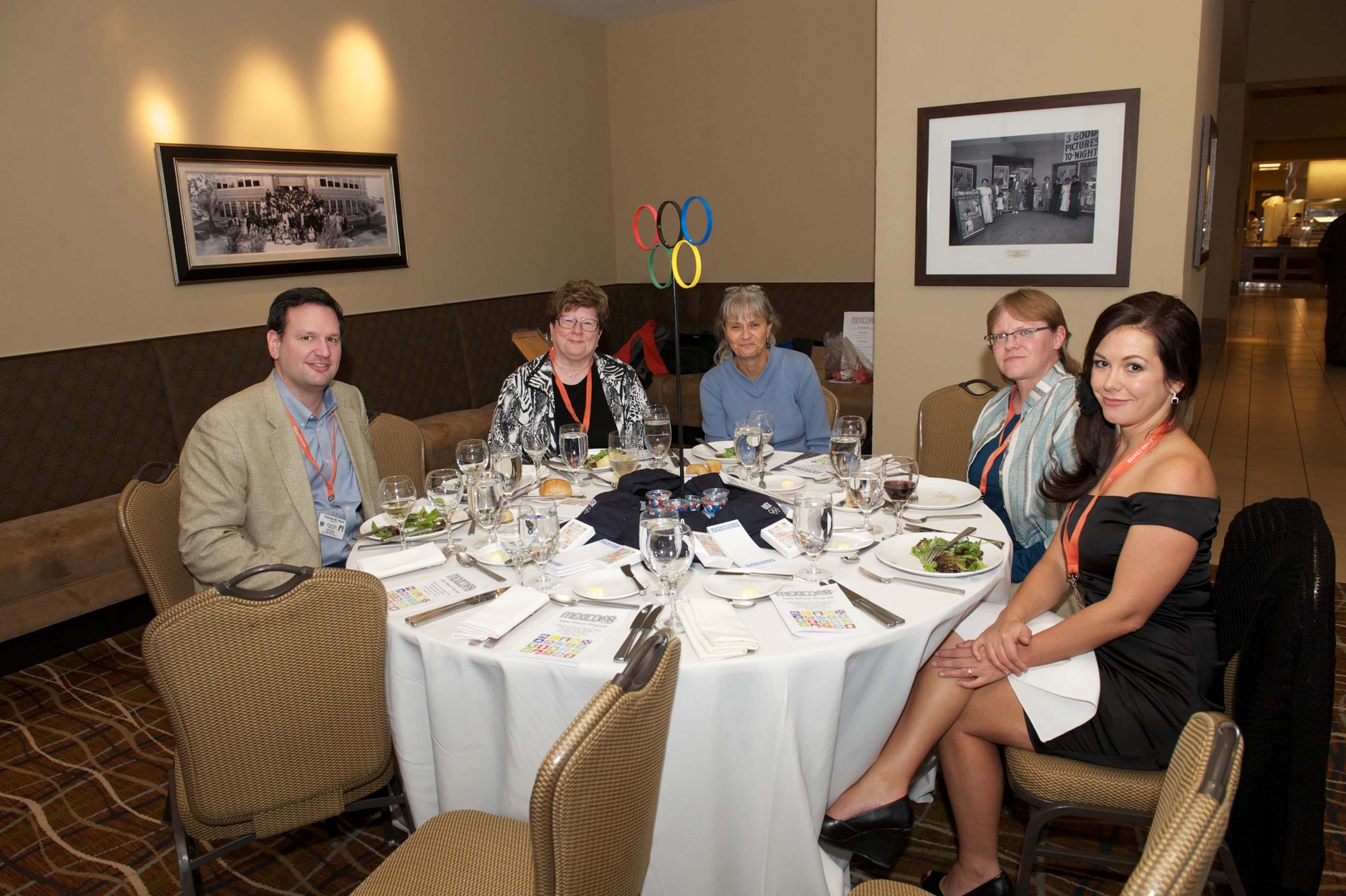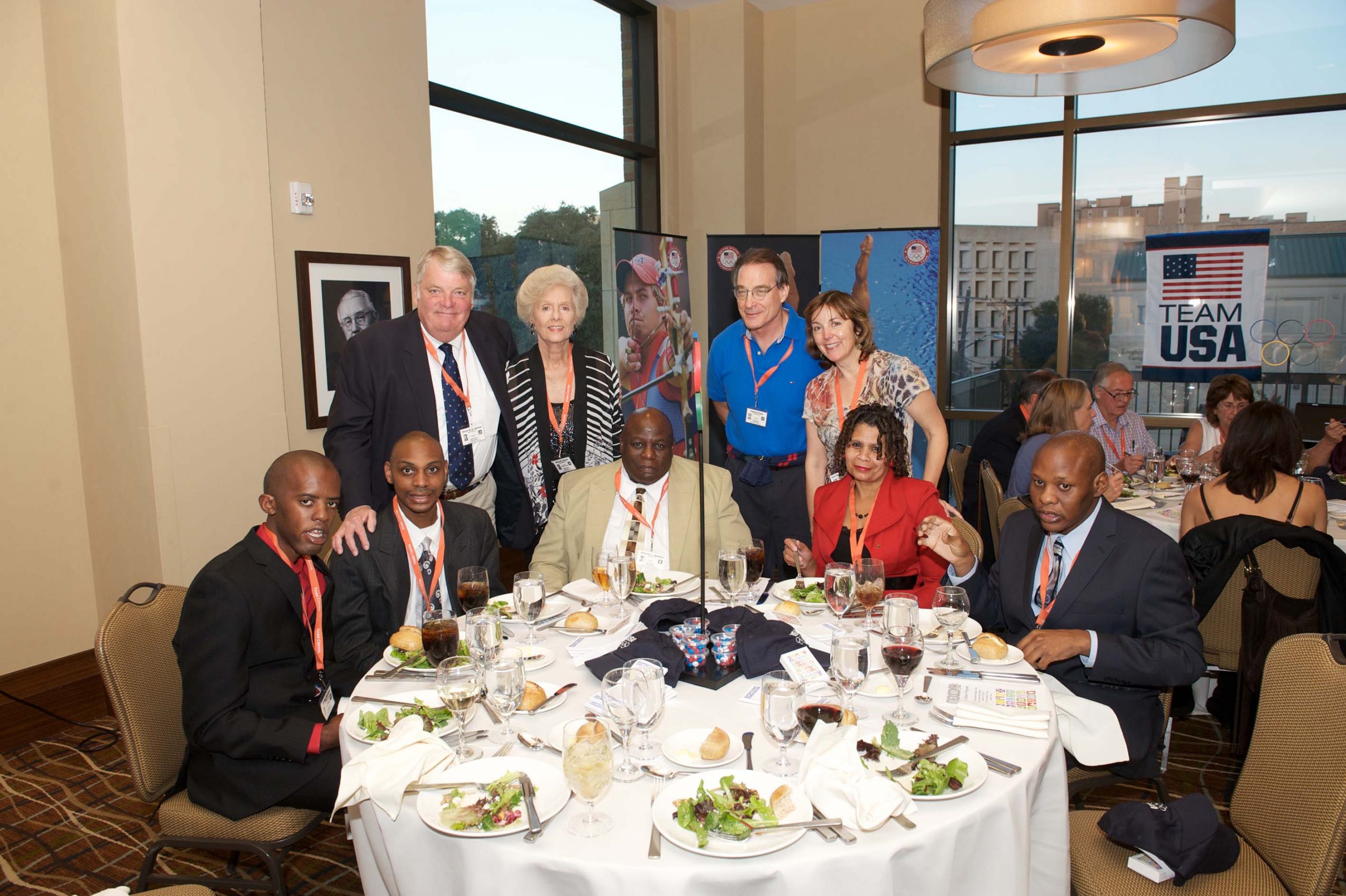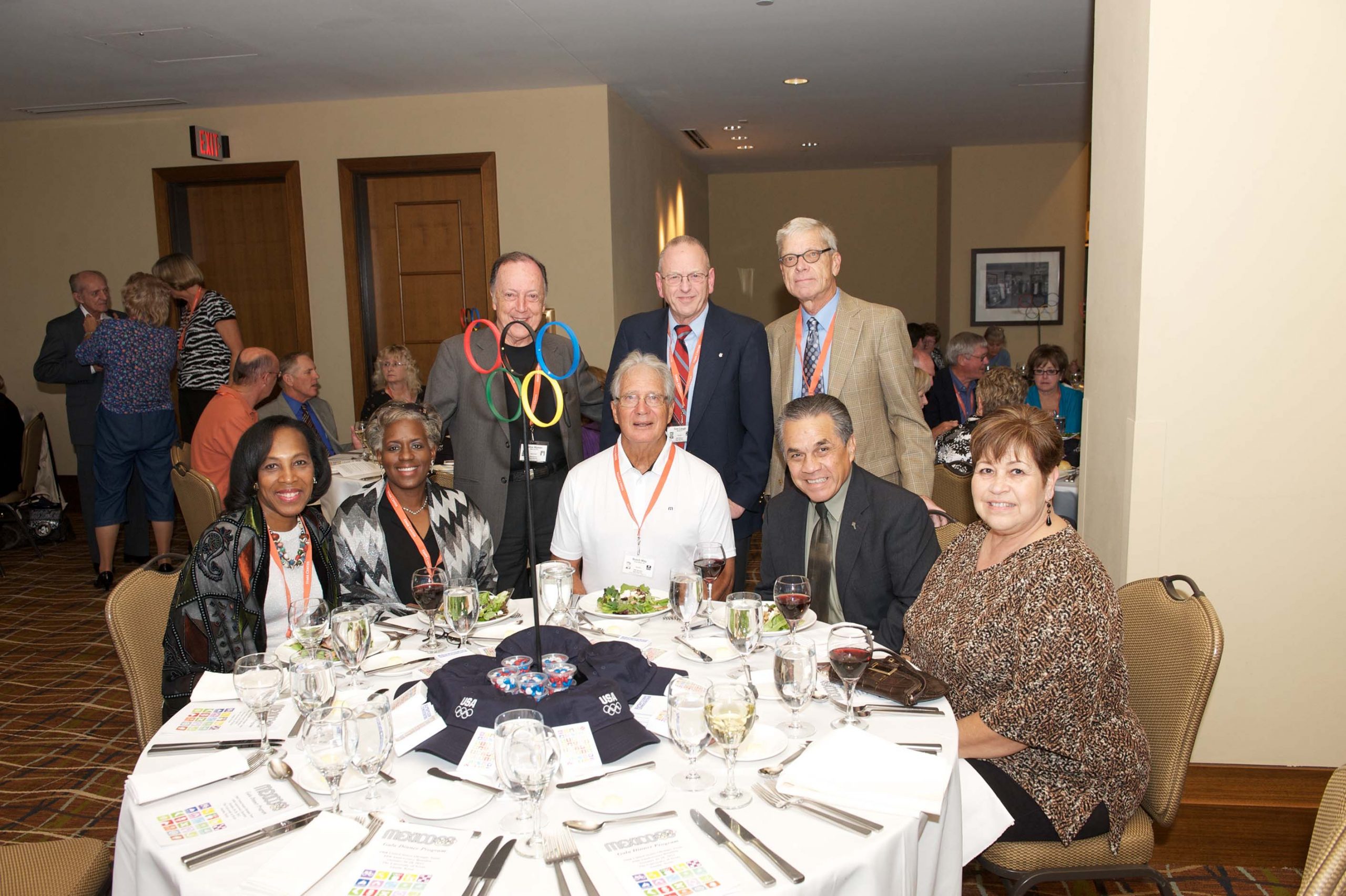Institute for Olympic Studies
Olympic Studies at the H.J. Lutcher Stark Center
While we are very proud of our extensive collection of physical culture resources, we also house and preserve materials in other closely related areas. In recognition of our commitment to exploring the issues surrounding the Olympic Movement, the International Olympic Committee (IOC) granted us Olympic Studies Center (OSC) status. OSCs are located throughout the world; all are dedicated to better understanding of the social, cultural, and political impact of the Olympic Movement.
As its first major project, The Institute for Olympic Studies initiated an oral history of the 1968 U.S. Olympic Team. With the assistance of Tom Lough, 1968 Olympian (Modern Pentathlon), members of the Team were invited to share memories of their experiences in Mexico City.
Click here to learn more about this project and listen to the recorded oral histories.
Highlighted Events
The Institute for Olympic Studies has held a number of events to promote reflection on the values and impact of the Olympic Movement:
1968 U.S. Olympic Team Reunion 2012
In October 2012, over 50 members of the 1968 U.S. Olympic Team gathered at the Stark Center for educational and social activities. Featured speakers included Lance Wyman, the artist who created the “look and feel” of the 1968 Olympic Games, and Dr. Tommy Hunt, UT faculty member and author of Drug Games: the International Olympic Committee and the Politics of Doping. Team members had several chances to mingle and catch up with each other’s lives before the grand finale – a Texas BBQ dinner.
The Institute for Olympic Studies has held a number of events to promote reflection on the values and impact of the Olympic Movement:
The Nazi Olympics: Berlin 1936
From July 2015 through January 2016, the Stark Center housed The Nazi Olympics: Berlin 1936, a traveling exhibit created by the U.S. Holocaust Memorial Museum. The exhibit was designed to show how Jewish athletes were treated by the Nazi regime prior to, during, and after the 1936 Olympic Games. The exhibit has left the Stark Center and, as of this writing, is no longer touring. Click here to read more about the exhibit


